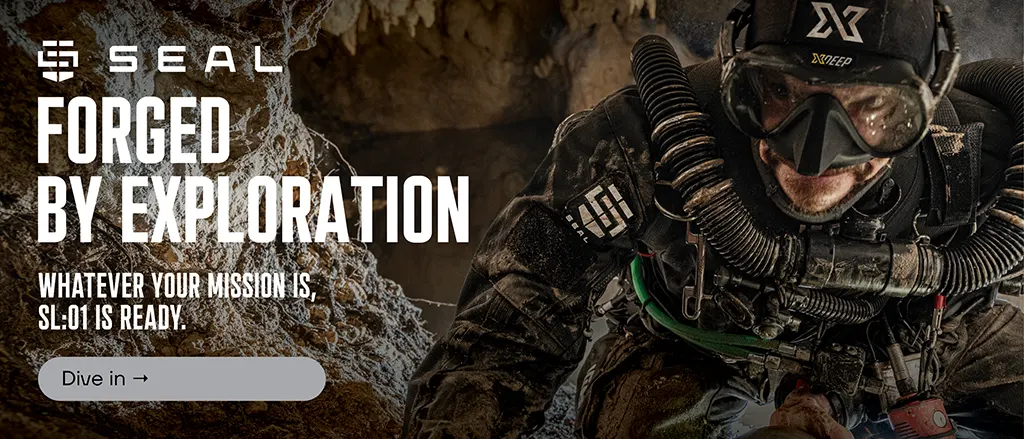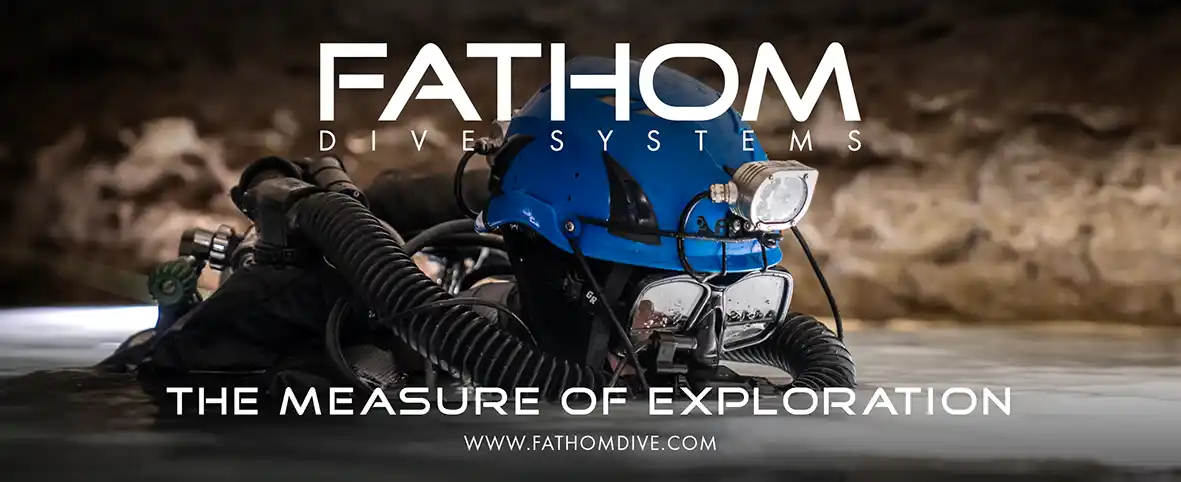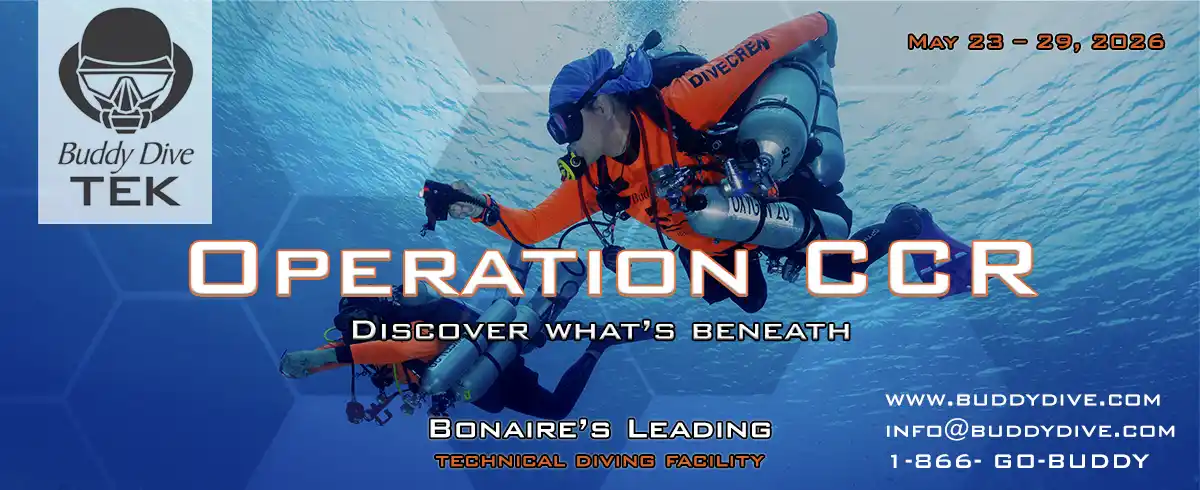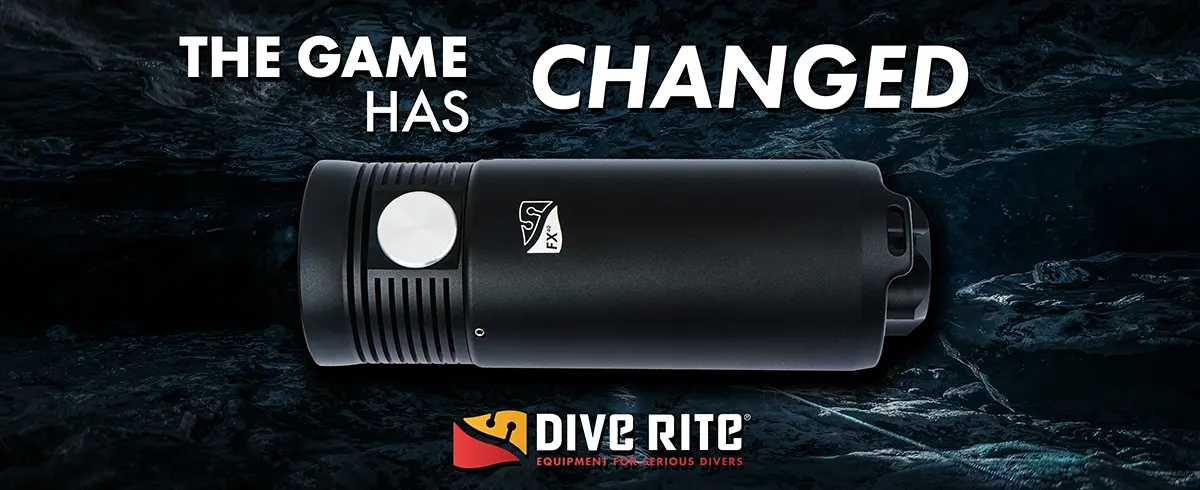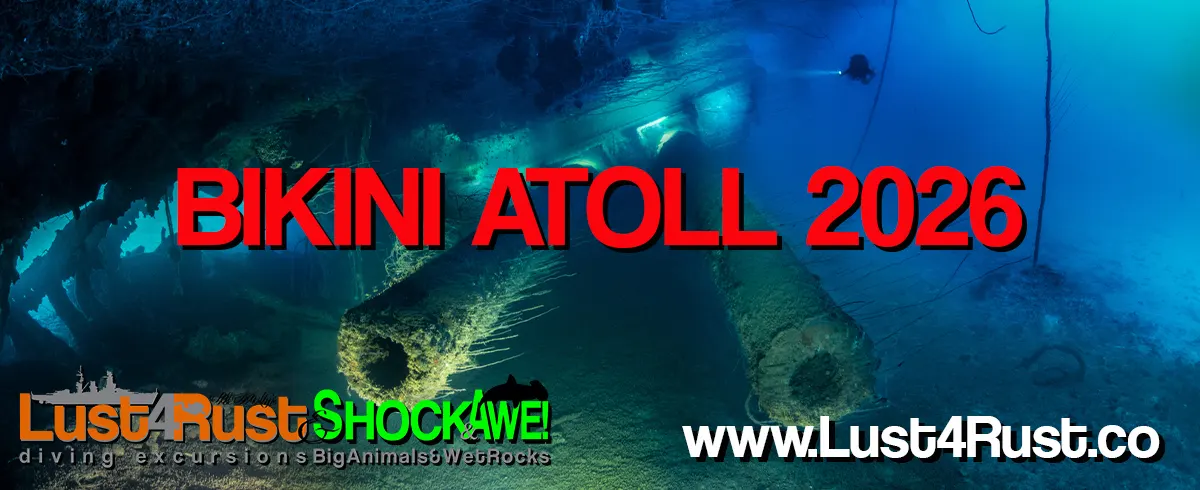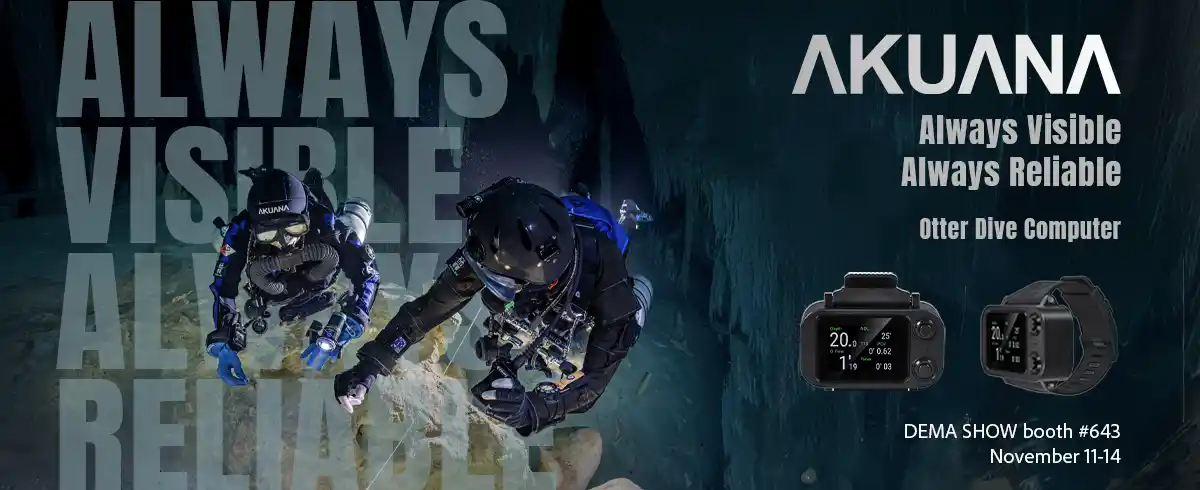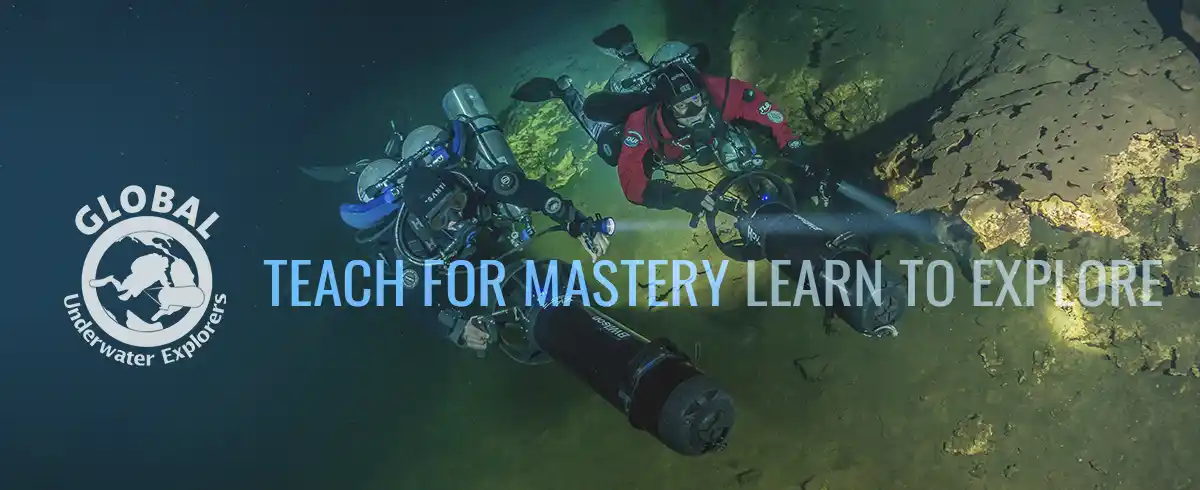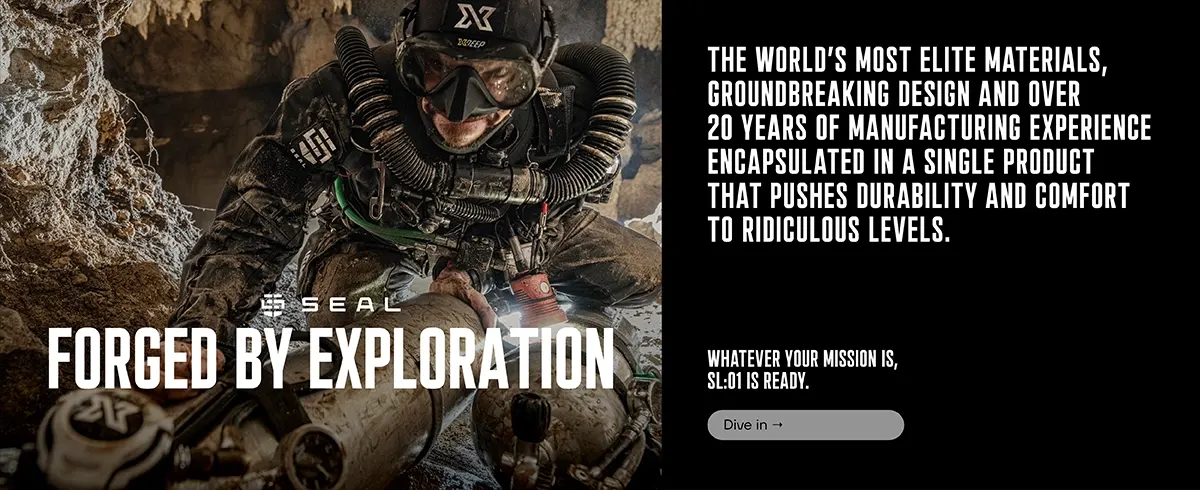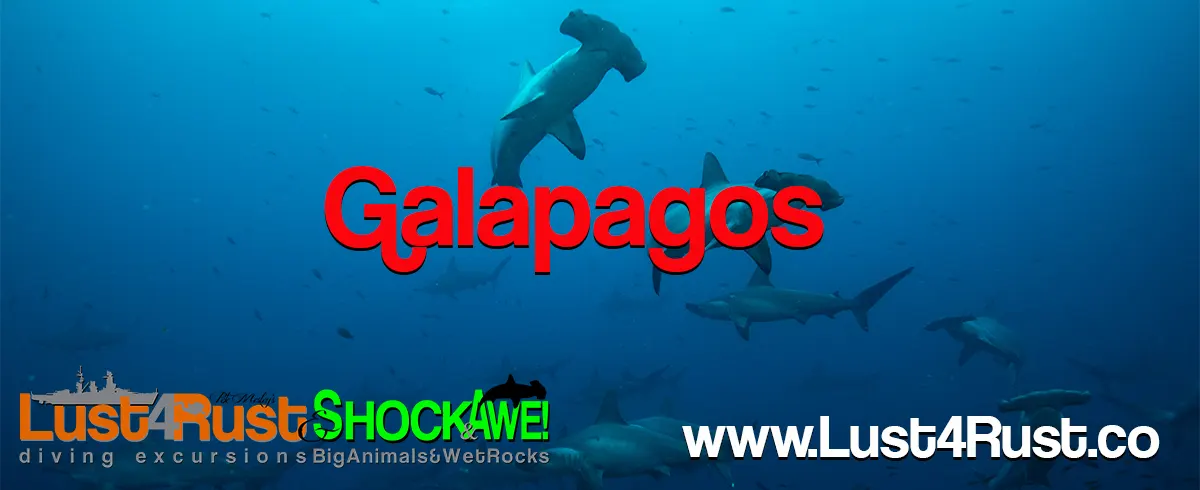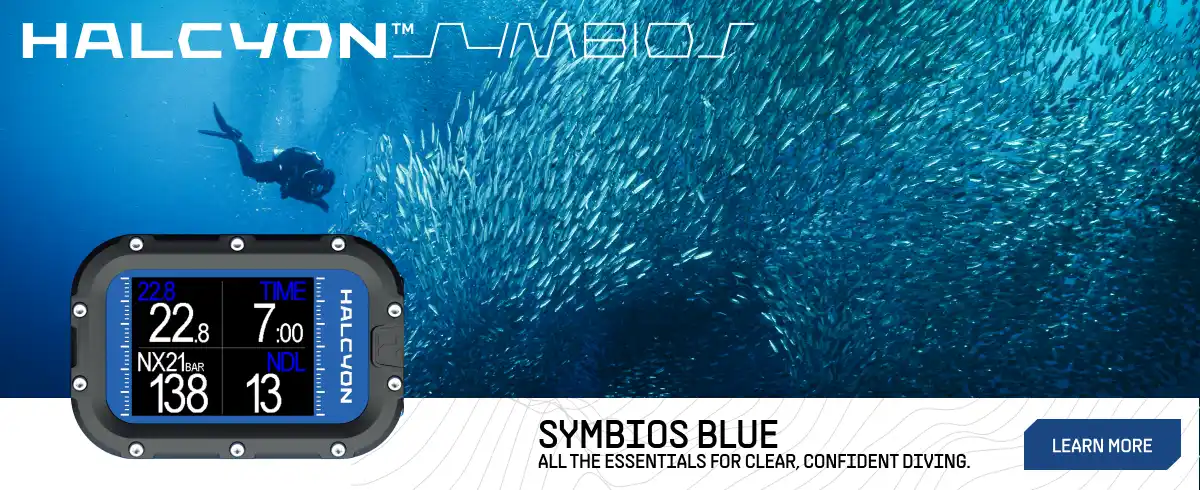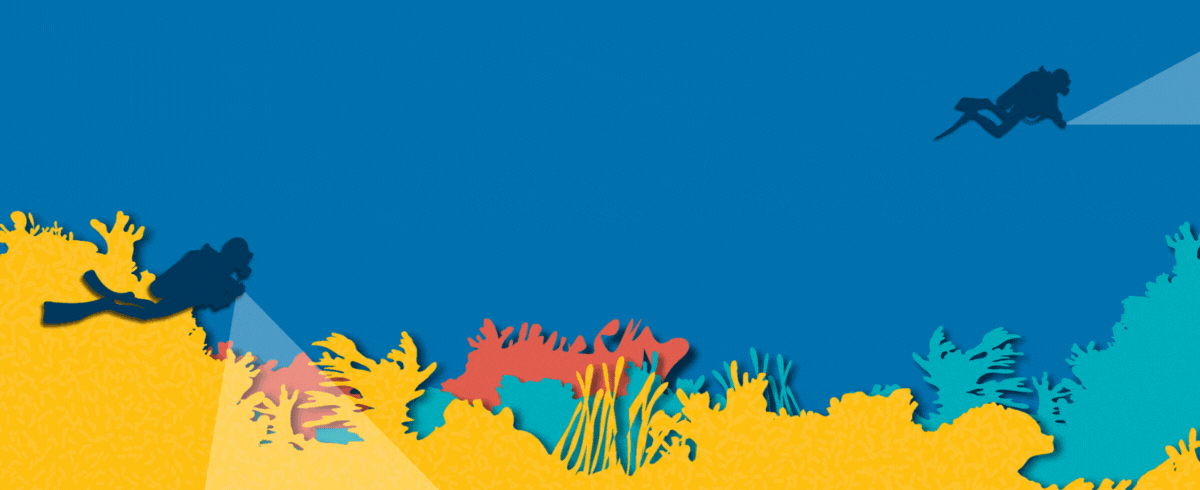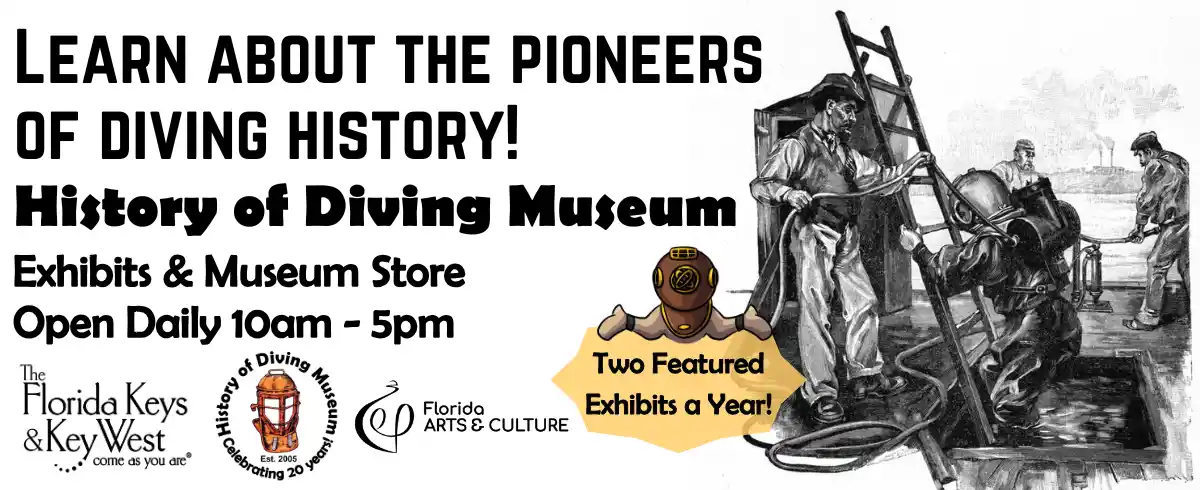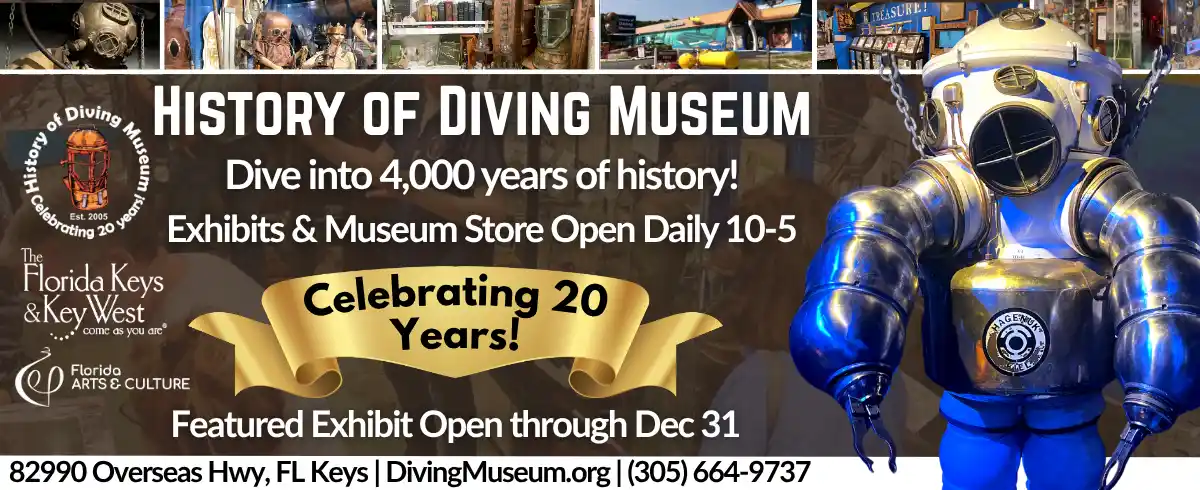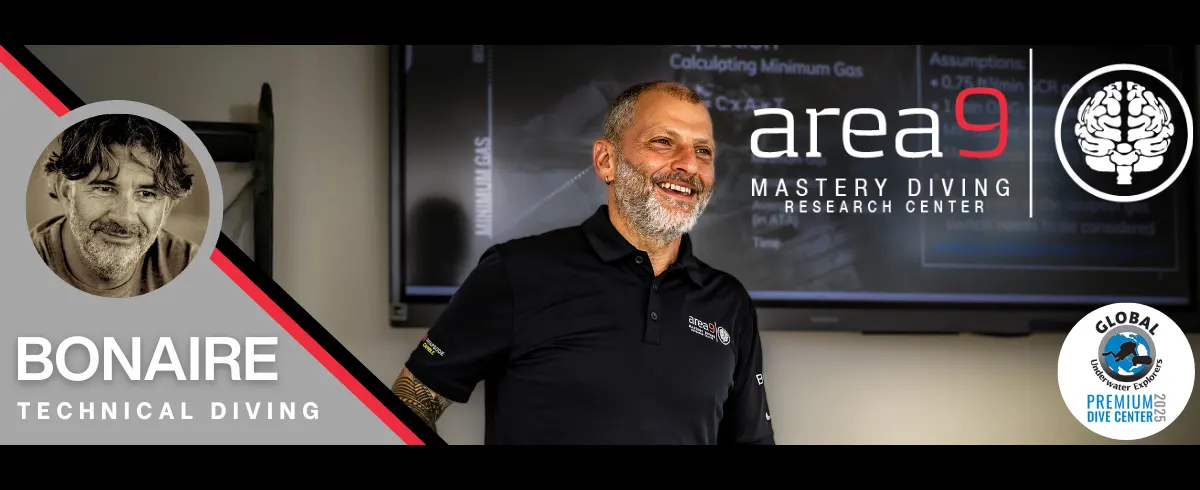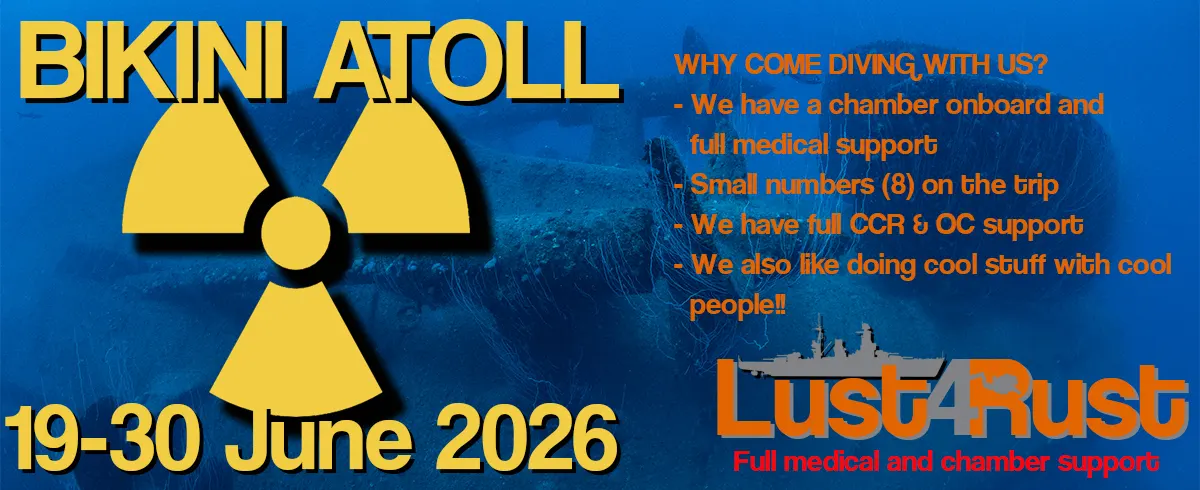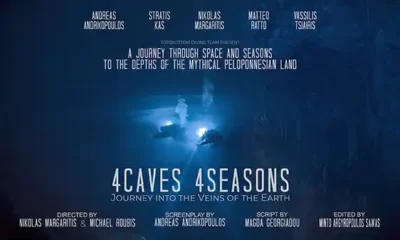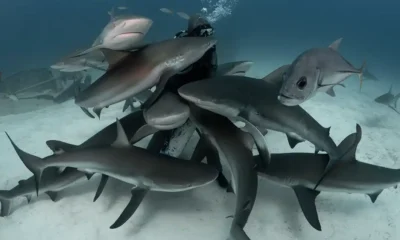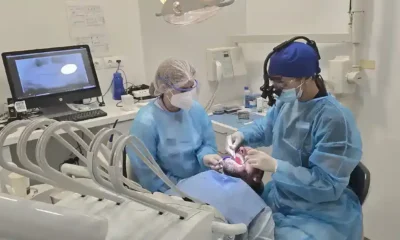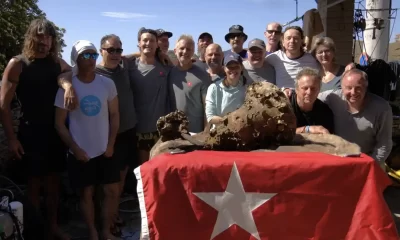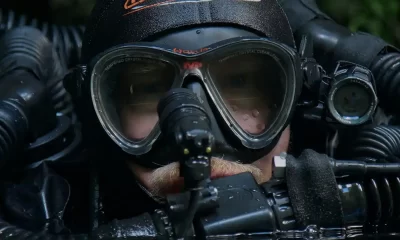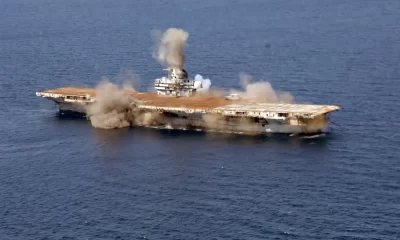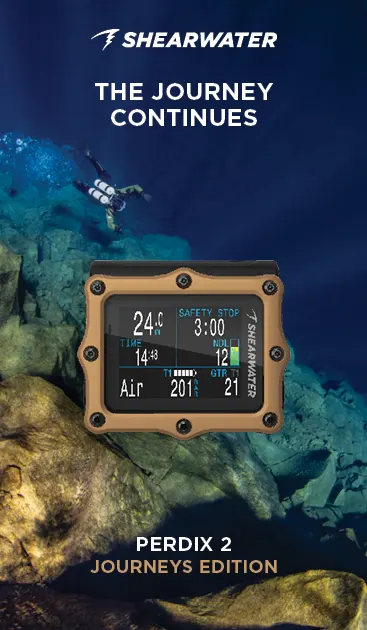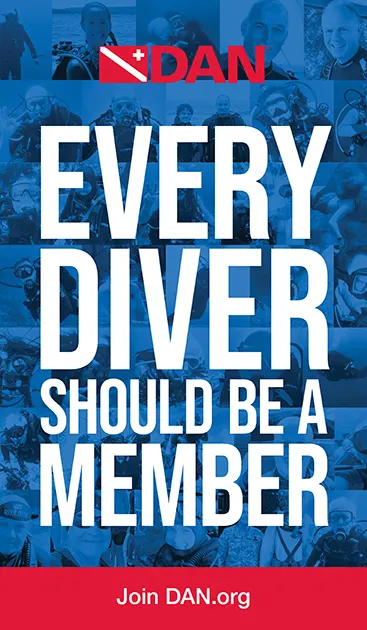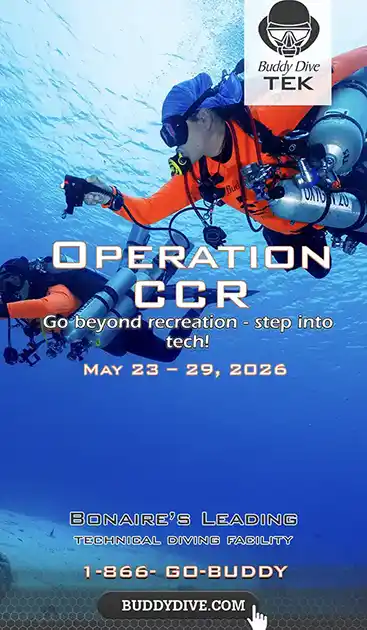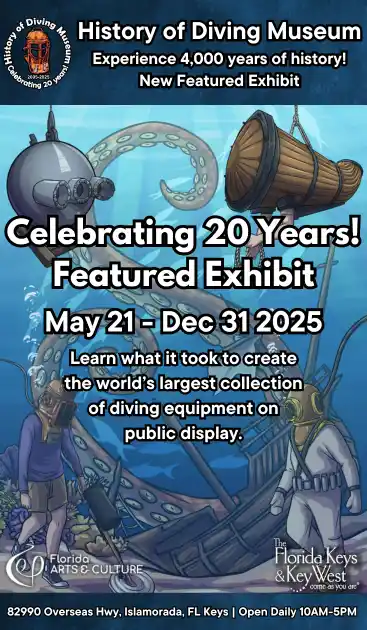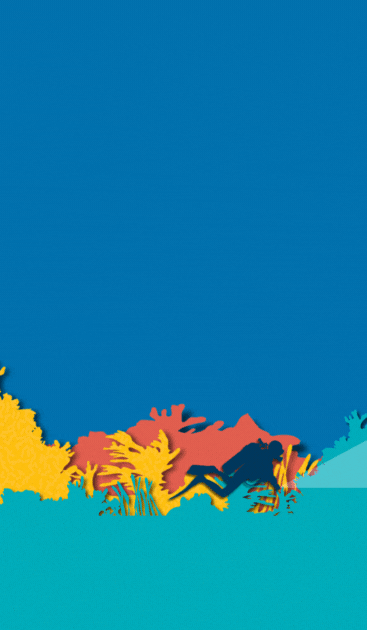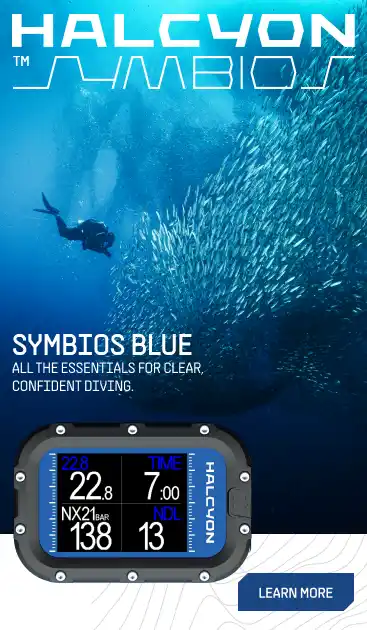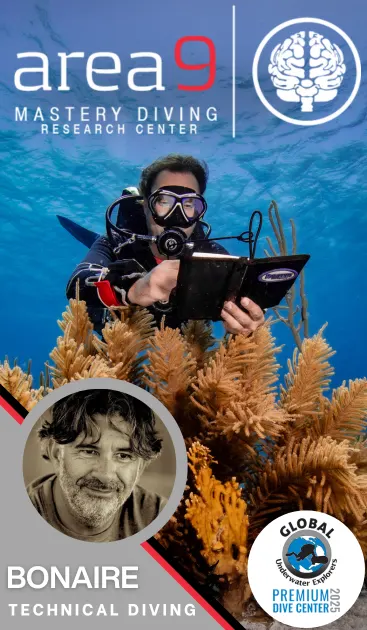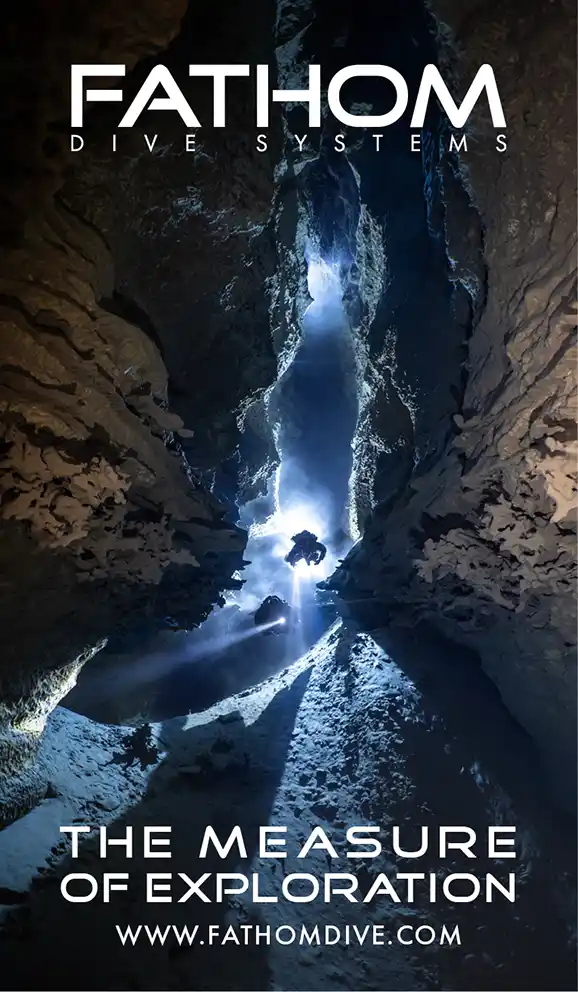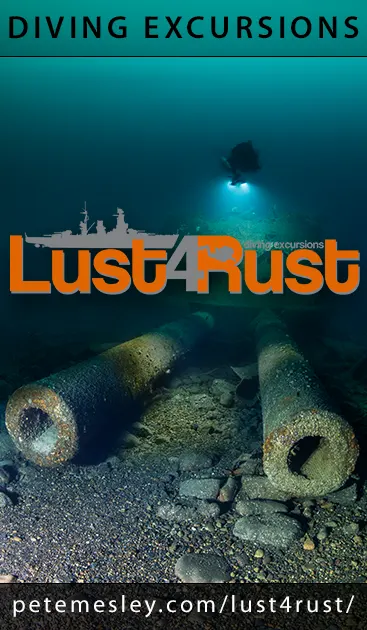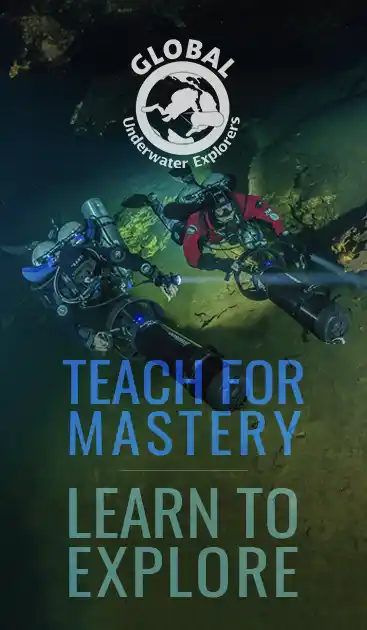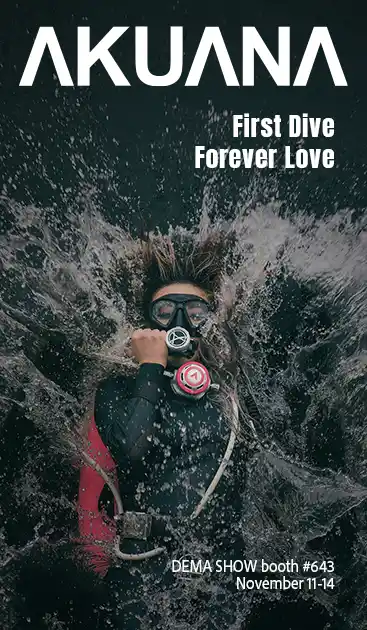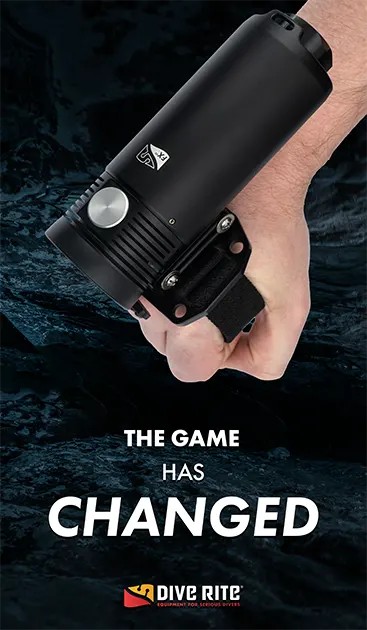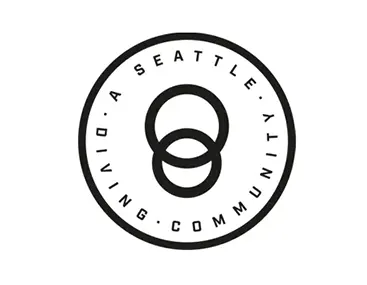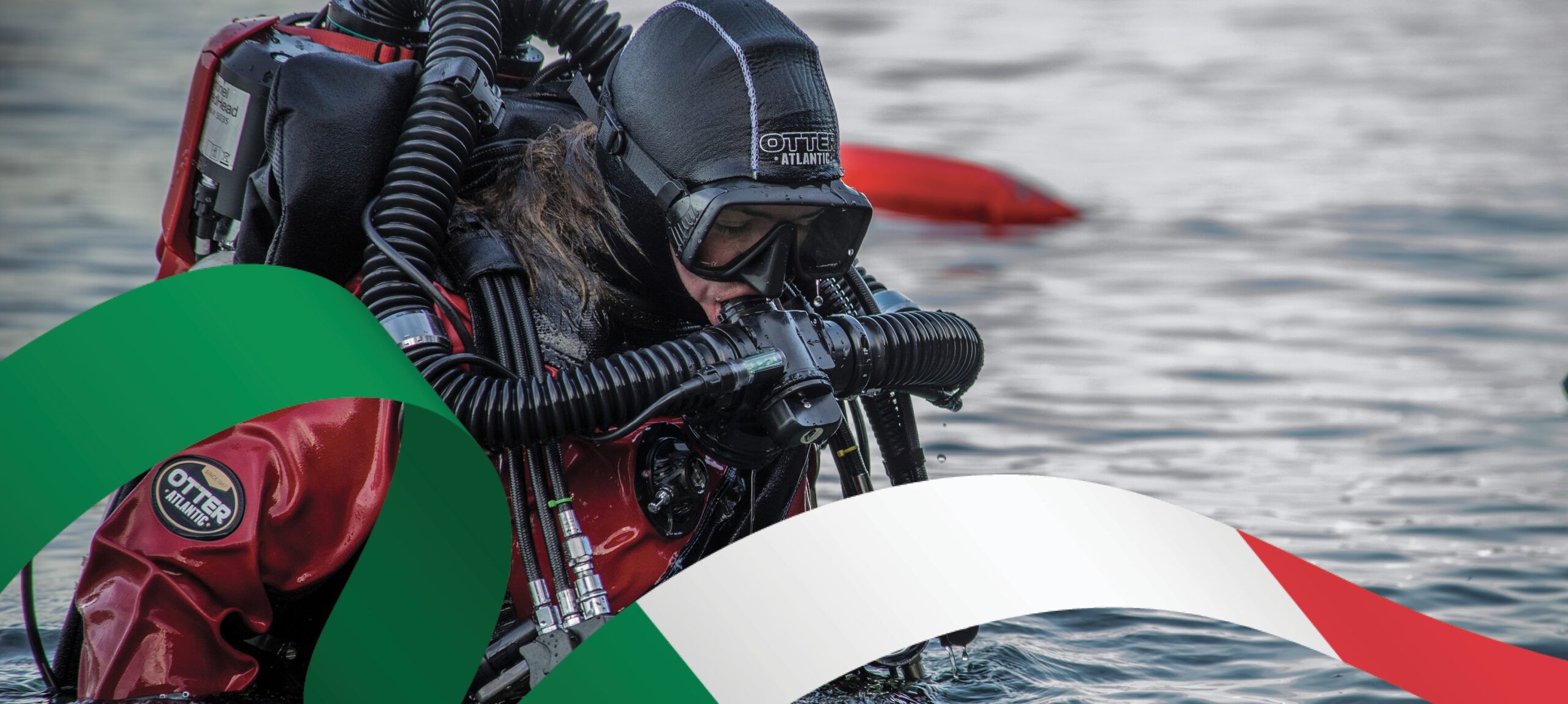
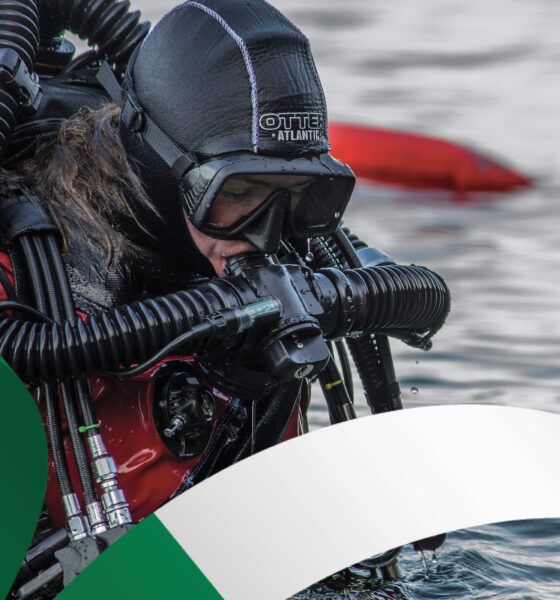
Community
THE TALKS: Italian Women Make Waves
A Round Table Rhetoric with Stratis Kas. Images courtesy of S. Kas and the interviewees. Lede image: Beatrice after a training dive in the cold and dark waters of Lake Maggiore (Italy) . Photo courtesy of Silvano Barboni (2019). Ribbon by pngtree.com.
? Predive clicklist: L’italiano – Toto Cutugno Video Ufficiale ?
This series is designed to explore deep into the heart of tech diving, bringing together inspiring figures in the community to share their insights, engage in spirited debates, and challenge conventional wisdom. So, join us as we embark on a journey of discovery, courage, and camaraderie. Welcome to The Talks. This episode features:



Only recently have I fully embraced my half-Italian heritage. Perhaps it’s because I’ve never resided in Italy for an extended period, aside from a short university stint. Or maybe it’s because, in my mind, being Greek felt more exotic. As I’ve matured, I’ve come to appreciate the profound connection I have with Italy, both on a personal level and as a diver.
Today, my guests have shared a common trait from the moment they entered the world—they’re all Italian. Despite this shared background, they each left Italy to pursue their diving dreams. Some embarked on this journey early in life, while others did so much later. Although their motivations differed, the underlying drive was similar. Today, we try to find out if their Italian origins influenced their journey and eventual success in the diving world, and if so, how that influence manifested itself.
Ultimately, it becomes clear that these remarkable women would have achieved greatness regardless of their birthplace or past. Their success stems from shared traits: tremendous confidence, dedication, and genuine talent.—Stratis Kas

Stratis: How do you feel your Italian background has influenced your diving career? Has this cultural influence been more of a benefit or a challenge in your international work, and why?
Alessandra: Certainly my background has been quite useful. In my previous role as a manager, I worked with international teams, which made it easier for me to adapt to a diverse public when I moved to Mexico. Conducting some of my courses outside of Mexico and Italy also helped me fit into different environments. When I moved to Mexico 20 years ago, it felt similar to living in southern Italy in the 1970s. Although the local mentality was not always easy to understand, my previous experience made it much easier to integrate and connect with the local culture and population.
Beatrice: I agree. We Italians are generally chatty and easy to get along with. We’re also very passionate about what we do, which certainly helps. From my point of view, Italy has been an amazing place to grow up in, especially with my interest in the history of diving. We are surrounded by water and have so many different kinds of aquatic environments. So, it has helped from that perspective. But it’s always difficult to leave your home. It’s usually where your heart is.
Cristina: I go the opposite way. I ran away from Italy because I was not comfortable or happy, which has changed as I matured. My background allowed me to be where I am today, thanks to the languages I studied and the hotel management schools I attended. Maybe the versatility and the fact that, in Europe—particularly in Italy—we’re so used to having foreign influences. You learn about France, Switzerland, and Austria because they’re all so close. This makes us open-minded about different cultures. Ultimately, my growth in the diving industry wasn’t related to Italy. It was different. What helped was being a foreigner in a foreign country. When I landed in the Bahamas, which has nothing to do with Mexican culture, people thought I was strange. Bahamians would say, “Ah, she’s Italian. That’s why she’s so strange.” It helped being a foreigner in a foreign country and being able to act in a way that didn’t affect the social status because of the foreign title.
I felt the same way when I moved to New York, where everybody is a foreigner. It’s the opposite of feeling out of place—there’s nobody local, so you feel absorbed quickly. As women in a historically male-dominated field (though it’s changing and that’s great), what specific challenges have you faced and how did you address them? Do you think these challenges are universal, or do they vary significantly based on where you’re working? You can elaborate on culture, tradition, and practical terms.
Beatrice: I’ve faced challenges like any other woman in the diving world. People weren’t used to seeing many women in the diving industry. They didn’t know what to expect, and sometimes you needed to demonstrate more than others to show you were up for the job. But to be fair, they didn’t even realize they were acting like that. I think this issue, sometimes, is overemphasized. We should stop having female panels or female competitions. We’re all divers. The first step to eliminating this barrier between genders is to stop making it a big deal. Nowadays, there are many wonderful women in the diving industry. Even if the numbers favor men, what’s the problem? I don’t see the issue unless someone takes it personally. I’ve encountered amazing people and only faced significant obstacles a couple of times. Even where I work now, initially, there was some hesitation; but within a few months, people were no longer unsure about my abilities. So I think it also depends on your attitude when facing the problem.

Cristina: I have parts [of that] where I agree and parts where I disagree. I grew up in a male-dominated industry. Thirty years ago, I could be the only female on a boat of 30 people. When I docked the boat, everyone applauded, but when my male coworkers did it, people just moved on. I often had to work harder to be recognized for the same quality level. Even up to 2015, I still had to jump a bit higher and harder for recognition. Beatrice mentioned that when she started in her current position, people were unsure about her. It’s like, there it is—you walk in as a woman, and first, people are unsure about you. Once you prove yourself, you receive their approval. In general, guys receive an immediate stamp of approval just by walking into the room. There’s still a bias in this industry.
However, I agree we need to stop doing things like setting records based on gender and recognize accomplishments as a whole. On that point, I agree with Beatrice.

The truth is, the separation makes sense only in specific sports where physical differences matter. For example, in artistic gymnastics, a traditionally female-dominated sport, men may find it more challenging to match the grace typically exhibited by women. Men and women are born with different characteristics, but apart from that, when it comes to technique or knowledge, as in diving, I don’t think there’s any significant difference. A man can’t inherently dive deeper than a woman.
Alessandra: When I started 23 years ago, machismo was prevalent; cave diving was largely considered a male domain, especially in Mexico. I had to go to Florida to complete my cave instructor course because there were efforts here to prevent me from assisting in courses. At that time, it was just me, Lena (already a cave instructor), and Nancy De Rosa working in this field. I would have been the third, and there was an unspoken fear about being open to women in the sport. Tom Mount had to step in and assert, “This will not happen in my organization.” Traveling from Mexico to Florida for completion was seen as inappropriate. Although things have improved somewhat, focusing on the past differences or emphasizing the gender gap isn’t productive. Instead, we should demonstrate we are as capable as men, and that there is no competition who is better.
Beatrice: Generally, I agree with both. My answer didn’t mean I didn’t face any difficulties starting my diving career. I just think we should look forward and stop looking backwards. The situation is changing, and we hope it keeps changing in the right direction.
Cristina, local and global conservation efforts are close to you. How do you balance the need for local community engagement with the broader goals of global marine conservation? Do you think focusing on local initiatives is more effective, or do we need a global approach for a more meaningful impact?
Cristina: That’s a really good question. I am a big proponent of “think globally, act locally.” I’ve seen this work very well here in the Bahamas. From a conservation point of view, we need to work where we have influence—where we can vote, communicate, provide data, and connect with NGOs, the government, and people who can effect change. Starting where we can get results is key. Once we achieve success locally, there is more global interest. For example, in 2011, we achieved full protection for sharks in the Bahamas. People then asked how we did it, and international attention followed. This approach prevents misplaced focus in conservation, like blaming others for issues your own country contributes to. Italians, for example, might blame the Chinese for shark finning when Italy itself has poor shark protection laws. Address local issues first, and it will have a ripple effect. We’ve also trained locals here to take on conservation roles, expanding our impact. It’s like throwing a stone in the water—it ripples out. Start locally and expand globally.
Alessandra: In Mexico, involving local communities is crucial, often even more so than engaging with the government. There is now a program that trains fishermen to dive instead of fish, especially to prevent shark fishing. This initiative includes Isla Mujeres and Cozumel, where fishermen are already participating. Without engaging local people and helping them understand the importance of conservation, our efforts in this area won’t be effective.

Beatrice: I think Cristina summed it up perfectly: “Think globally, but start acting locally.” People protect what they love, and they love what they get to know. They understand better what they experience firsthand—what they see around them, where they can see changes. There is nothing wrong with starting small, and eventually, you will find people with your same point of view who will help you spread the message and extend its reach. For example, I could talk about the reefs here in the Gulf, but not many people around the world will be actively involved. It’s easy to click “like” on the internet or put a heart on a post, but who will really do something about it if not the people living there?
Cristina: Yes, we are all in agreement. I started training Bahamians about 30 years ago. One of the reasons I became a course director was to train Bahamians in professional and shark diving, which has become a major activity in the Bahamas. This has allowed the government to see that shark tourism is more lucrative than fishing. The people I’ve trained over the years are now involved in the industry at various levels. Starting locally is crucial, like talking to fishermen. We need to start locally and then expand globally. At diving conferences, we are invited to places like Australia, Singapore, or Italy to bring our different experiences and raise awareness about environmental concerns learned in other regions. If a dive show focuses only on local issues without sharing broader experiences, it can be counterproductive. Acting locally is important, but sharing what we’ve accomplished with others is equally vital. A dive show should be a platform for sharing these success stories. Just like we have underground caves and water issues in both Italy and Mexico, sharing lessons from each place can be very beneficial.

HEADED TO ITALY AND THE STRAITS OF MESSINA? BE SURE TO CHECK OUT InDEPTH’S DIVE CENTER PARTNER [Click the Logo for More Information]:
DIVE DEEPER: Protect the Strait of Messina Seabed—No Ponte! (May 2024)
Cultural adaptation in foreign environments. How do you adapt to the countries where you now work? Do you find that your Italian heritage helps you connect with people from other cultures?
Alessandra: Mexico is a Latin American country, and its culture isn’t as different from Italy as one might think. Overall, being Italian here hasn’t been too challenging. However, there are notable differences, such as the role of women in society compared to men. When I first arrived, women typically stayed at home, and having a female boss was unusual. But if you demonstrated knowledge and effectiveness, it was accepted.
It’s amusing that Italians, including myself, tend to speak loudly. During my first year, people thought I was angry because of my tone, but they eventually realized it was just how I spoke!
My Italian heritage did help me connect with people. In Italy, I worked in an international environment and was interested in learning about different cultures and respecting various ways of thinking. This experience helped me integrate better here and work with international clients. So, yes, my Italian background and approach to different cultures have been very beneficial.
Beatrice: I think that, as Alessandra said, working with people from all over the world certainly has its pros and cons. I am in an Arab country but, in the Emirates, over 85% of the people are expats. It’s true that the local culture is really different—with its challenges—but it’s also true that there is a great mix of different backgrounds, religions, and cultures at the same time. And everybody here is really open-minded. I had to deal with a member of the royal family of one of the Emirates 10 years ago, when I was working in Italy, and what I found back then was a completely different approach compared to what I see now. Things keep evolving. Your ability to adapt and accept that there are other ways of seeing things is vital. In my case, I would say that adapting has not been difficult because everybody has been very welcoming. As Italians, they just keep making fun of us for the food and it’s just nice to play along with it every now and then. But we do make great food!

Cristina: I don’t know if it was difficult, but definitely, there was a lot of adapting. I came to an island country, part of the Commonwealth, with primarily a Black culture. So I had to adapt to everything, including the cultural beliefs that women are considered less than men. I have been told that women in the Bahamas are not allowed to be main family breadwinners. From a diving point of view, I had to go from metric to imperial. My adaptation to this world was drastic. I’m not sure if being Italian helped, and I’m challenging Alessandra on this. Has being Italian helped us? Or is it the fact that we actually challenged our ways, left our country, and ended up somewhere else? And is doing that the reason why we are capable of adapting? Is it really the Italian in us, or is it a little bit the rebel in us that made us get out of Italy to come here, maybe with our Italian personality? We are Italians, but I challenge the concept that it helped us. I feel we helped ourselves by moving away from the cocoon of Italy.

Alessandra: I think it’s a bit of both. I started working as a translator at exhibitions in Italy when I was 18, constantly interacting with foreigners and nurturing my curiosity. While some Italians abroad may have a tendency to compare and criticize rather than enjoy, many Italians are not like that. This is why so many Italians work outside Italy in various fields. Despite speaking Italian at home, our curiosity about the world remains strong.

Yeah, coffee is the problem though. Coffee could be an issue worldwide.
Beatrice: Just don’t drink it.

Haha! Moving on. Risk management in diving. Given your extensive experience in technical diving and exploration, how do each of you approach risk management and safety? Do you believe that there are universal best practices, or do strategies need to be tailored to specific environments and locations?
Beatrice: I am conditioned by the fact that a lot of things have already happened to me. As with everyone who dives a lot and keeps changing equipment, environment, and tasks, within time we’ll face a lot of issues, large and small. And if we are lucky and prepared enough, we can talk about them and share what we’ve learned. My approach is, of course, trying to avoid the worst possible outcome, and the main goal is always to come back home. Caves are not moving, wrecks are not moving, even the fish are going to be there again. If we don’t get the sample or the data today, we can always get them next week, or maybe next year. Nothing’s worth risking too much. I’ve always been involved in and fascinated by risk management. You learn so much about what can actually go wrong in such a short time. What we do is indeed a risky activity. We can reduce risk as much as we can, but it’s still going to be there, just because we’re underwater.
As for universal practice, we certainly have some common points in managing the risk, but every situation is going to be different. Different environments, final goals, and multiple pressures—economic pressure, peer pressure, time pressure… and so on. Instead of focusing on what they just learned and making those new skills solid, people just want to advance without stopping, raising the risk. There’s so much we still need to learn about risk. What is sad is when people “decide” that something is simply not going to happen. And when they don’t open their mind to a different approach or listen to a different experience that may teach them something more about risk. We should be learning about risk already at the entry level. There is no point in hiding risk. There is no point in advertising an activity as super safe when there are inherent risks in the activity itself. We should embrace the fact that there is risk in this activity and just face it from the very beginning.
I agree completely with you on this. I feel like acknowledging, facing the risk helps us. First of all, fragmenting it into smaller pieces that are more manageable. Not all risk is the same. Like you said, not all places can expose you to the same amount or type of risk. I’m also involved in mountaineering, for example. In the summer, it’s better than the winter, but mountaineering in the winter is better than in the spring. You need to know your risk. But mostly, like you said, acknowledge it.
Cristina: Beatrice eloquently said everything. I’m going to repeat a little bit. My major concept is to mitigate the risk. There’s no absolute avoidance of the risks. We have to acknowledge and talk about it.
We need to tell our students of this risk. A risk of death, of getting the bends, and, of course, making mistakes. We list them and we deconstruct them. Which one are the risks? Added to the concept of preparation to mitigate the risk is the capability of saying no.

It’s the rule of any, any, any, any. Any diver can call any dive at any time for any reason—without any repercussions. Once we teach this rule, we also need to train people well enough to understand the action behind the concept, and foster their comfort with both that and ability to say no. The caves will be there, the mines will be there, the fish will be there. And there’s always another time to dive. No matter how much we want to be on that dive, how hard we worked to be there, and how much we spent, we need to naturalize the process of saying, “Not today.”
From a universal point of view, the second part, the best practices: the universal best practice is the mindset, and the elimination of ego. It is the base of anything that we do in these environments. The correct mindset is universal. It becomes easier to diversify for each environment and learn the specific mindset. We need to remember that we don’t know what we don’t know.
I am extremely versatile in the caves of the Bahamas. If I were to go to Greece, I would go with somebody that knows the caves of Greece. It’s about adapting to the different environments. Beatrice didn’t use these specific words, but I know she’s a big proponent of human factors. I think that human factors need to be included in training from Open Water. The concepts of human factors need to be addressed in any kind of training, especially at the Open Water level.
This is a very, very good point. I will make sure to underline that.
Alessandra: I agree that there is no need to take unnecessary risks. The caves and the ocean will always be there. We need to explain to people why taking risks is unnecessary, even when they have paid for the boat and the course and have the desire to get what they want. It’s important to help them understand the reasons for not taking risks and to present them with alternatives.
Regarding the universal question, I believe there is a universal mindset for best practices. However, we need to tailor our approach to different areas. There are differences between the Bahamas (where Cristina works), the UAE (where Beatrice works), and Mexico (where I work). Each location and situation may differ due to complex factors or simple environmental conditions. This is crucial when creating a risk management plan.

It’s important to teach people that it’s okay to say no without being afraid of what others will think—whether it’s their buddy, the group of divers, or the dive shop. Unfortunately, peer pressure often influences these decisions. In Mexico, driving can be just as risky as diving, yet we aren’t usually afraid to drive. Diving, like driving or just living, carries inherent risks. By analyzing the risks and acting sensibly, we can mitigate these dangers. For example, when driving in pouring rain, we pay extra attention to our speed. We should apply the same caution when diving. This is what I try to teach my students: we are not fish, and we need a regulator to breathe underwater, just as we need four wheels and a brain when we drive. Use the same concept.
Pardon me for chiming in, but I believe saying no and accepting that you might have a bad day is crucial. Educators, guides, and role models need to demonstrate this as well. It’s easy to tell beginners they can call off a dive, but we must also show them that it’s possible and human for us to do the same. This can be inspiring. In the last four months, I had to call two dives for different reasons. Once, a regulator malfunctioned, and although it magically fixed itself later, I called the dive 20 minutes in despite the long journey and effort to get there. It felt right, and I didn’t regret it. I hope my action showed my ex-student who was there with me that it’s okay to say no. We must remember that we don’t have to be at 100% all the time.
Beatrice: We could talk about this for hours. I love that everyone has emphasized the importance of saying no. The first time you call off a dive is the hardest, but if we teach this from the very beginning, it will become second nature for divers to do so whenever necessary.

Cristina, regarding role models or influencers in diving: do you believe our industry is changing? How do you see your work contributing to this change? And do you think enough is being done to support new and younger divers?
Cristina: I am a bit of an exception to the rule, especially in the shark world. In the technical diving world, I fit more into what would typically be considered a role model. However, in the shark world, I stand out because I advocate for diving with sharks in a considerate, well-prepared manner—with the capability to say no and using the correct gear. The shark diving community is still somewhat “yee-haw,” with a more carefree approach. Role models in diving are changing, influenced by fast media—three-second, five-second, twenty-second reels. This shift is creating some issues.
One issue we’re all guilty of, myself included, is only showing the pinnacle of our achievements. We highlight climbing Mount Everest or K2, but skip over Monte Bianco. This creates a false image of success and elevates some people to role model status prematurely simply due to popular belief. So yes, the role of role models is changing, and not always for the better. Many people advance quickly, like Beatrice mentioned, taking course after course and checking boxes, and suddenly they’re seen as role models. We need to maintain a balance. I try to show not only the pinnacles but also the difficulties, the path, and the choices involved. I discuss my experiences as a woman in diving, dealing with menstrual periods and now menopause, to highlight the realities behind the scenes. A true role model should be honest and direct, acknowledging both the good and the bad.
Despite the drawbacks of fast media and its focus on pinnacles, it also supports younger generations by opening up conversations and opportunities. I receive 15 to 20 messages daily from young people seeking advice on their careers, and this is possible because they can easily reach out via social media. The same fast-paced exposure that sometimes pushes people too quickly also allows for greater accessibility and interaction. Overall, this balance between showcasing success and sharing the journey is crucial. It’s important for role models to be accessible and open, contributing to a more supportive and realistic environment for aspiring divers.

Alessandra: Society is shifting, and we don’t need celebrities to set an example. It’s crucial to have real role models who are admired for their authenticity, not their fame. Facebook and Instagram sometimes showcase images that aren’t ideal role models, and we’ve started to see more people calling out these issues, questioning why certain pictures or behaviors are shared. I’m opposed, for example, to the “from zero to hero” approach—it should be banned. Quick success isn’t beneficial; experience is what matters. We should promote experience as the true benchmark for role modeling.
For younger divers, more support is needed. We can host conferences, offer grants, and provide free courses in exchange for help in the local community. We involve them in tasks like coral restoration or beach clean-ups to show them the value of their work. This approach helps them gain access to diving experiences they might not otherwise have.
Beatrice: I agree with much of what has been said so far. Social media has dramatically changed the game, revealing both the best and worst sides of diving. As Cristina mentioned, it’s now so easy to connect with people. When I started, many influential names were just figures in books, and I had no way to reach them. Today, thanks to social media, I’m fortunate to call some of them friends and learn from them through my travels. Social media helps spread the message that there is much more to diving than just your local dive spot, encouraging people to expand their horizons and challenge themselves, especially younger generations.
There are many opportunities now that weren’t available before. The key is guiding people along the right path. Diving is an expensive and time-consuming activity, which doesn’t align with today’s fast-paced culture. That’s why we need to help younger divers differentiate between healthy role models and social media superstars. Healthy role models are often those who didn’t set out to be role models; they simply follow their passion with dedication and share it with others. They avoid seeking the spotlight. The challenge for younger generations is distinguishing what is worth following, and this is where we can provide the most support.

Cristina: I think we’re all on the same page. I particularly like the idea of helping young people develop the ability to pick and choose wisely and understand what is valuable. One thing we should consider is that official role models, such as training agencies, could adapt their social media posts to help the younger generation recognize what is truly valuable and what isn’t. Instead of just following trends or going with the flow, they should make a stand.
As Beatrice mentioned, there’s a lot out there, and people need to learn to identify good role models. Training agencies could start by using their official accounts to set an example and convey these values effectively.
I never intended to be a role model; I’ve just been doing what I love for 30 years and sharing it because of my passion. I think that’s the essence of being a role model. So, it might be beneficial to start with training on what constitutes a role model, as Alessandra suggested, and ensure that agencies follow through on their promises with their social media content.
Coming to an end. Alessandra, what would you like to see changing in our wonderful world of diving, and why?
Alessandra: My wish is for greater opportunities for people with fewer resources to learn diving, as it is an expensive sport. I also hope we can focus more on conserving water resources, oceans, and corals—even from a self-interested perspective—because without them, our future is at risk.
Beatrice: I think I’ll go back to one of the things that we’ve mentioned throughout this evening, which is to slow down the pace and start enjoying diving for what it is: the simple fact of diving, without the need to do extreme things all the time. Just slow the pace, and everything, I think, will get better by itself, just by taking the right time to do things.
Cristina: To me, I wish we would slow down the pace at which we’re pushing divers through the system. I’d like to see a return to the traditional dive club model—a community where divers can continue learning and receive mentorship from instructors who become true mentors. This fosters a sense of belonging and helps divers fall in love with the sport as we have over the years, encouraging them to join us in conservation efforts. For me, conservation isn’t just about talking on a keyboard; it’s about nurturing a community that genuinely loves and wants to protect our environment. The pace needs to slow down. I also want to thank Stratis for giving me the opportunity to connect with Beatrice and Alessandra, as our busy schedules often make this difficult. Thank you, Stratis, for facilitating this conversation.
Beatrice: And I want to thank Cristina for supporting me with the letter for the training grant. And that led to a whole series of other things that brought me here. So thank you!
Well, this is wonderful. This is the attitude that we need. You’re inspirational in that you for sure help motivate people to get the courage to say no, to start younger, to train properly, and to be patient—all the things that you mentioned. So thank you all very much.
DIVE DEEPER
InDEPTH: THE TALKS #1: Cave Diving Nomads
InDEPTH: The TALKS #2: Leaders of the Pod
InDEPTH: The TALKS #3: Diving Deep into Science
InDEPTH: For The Love Of The Water: The Remarkable Story of Underground Aficionado Alessandra Figari by Stratis Kas
Scuba Goat: Cristina Zenato – The Shark Whisperer

Beatrice Rivoira
Beatrice is an Italian OC and CCR technical instructor, Diver Medic technician, and Scientific Diving instructor holding a Masters Degree in Marine Biology and Oceanography. With a profound passion for extreme environments, she is an avid cave diver and has been involved in numerous archaeological and biological underwater projects.
Her experience working in challenging environments has motivated her interest in human factors and risk management. Beatrice also co-authored a comprehensive book on Mediterranean Sea biology and has contributed to several others within the realm of technical diving.
Links
https://www.linkedin.com/in/beatrice-rivoira-02b2021b4
https://www.instagram.com/beatricerivoira

Cristina Zenato
A professional diver since 1994, Cristina is an ocean and cave explorer, shark behaviorist and ecologist, photographer, speaker, writer, and conservationist. She is an Advanced cave diving instructor, KISS rebreather instructor, TDI mixed gas instructor and PADI Course Director.
Her work can be summarized in three words: Exploration, Education, Conservation. A member of the Women Divers Hall of Fame and The Explorers Club, she is a firm believer in the power of education and spends her time teaching below and above the water. Cristina is the founder of the nonprofit People of the Water.
Cristina Zenato links:
www.cristinazenato.com
www.pownonprofit.org
https://www.facebook.com/czunderwater/
https://www.instagram.com/cristinazenato/
https://x.com/CristinaZenato
https://www.linkedin.com/in/cristinazenato/

Alessandra Figari
Alessandra Figari is an accomplished Italian diver and marine conservation advocate based in Playa del Carmen, Mexico. With a deep love for the ocean, her fascination with marine life, especially dolphins, initially drove her towards oceanography or marine biology. Despite a career start in languages and project management, her passion for the sea led her to professional diving. She earned her Open Water Diver certification in 1999, reached PADI Course Director level in 2004, became an IANTD cave technical instructor in 2007, followed by RAID CCR trainer level in 2012 and PADI in 2015. She crossed over to RAID cave 1 and 2 instructor levels in 2019. Specialized in the caves, she received her ccr cave instructor level from TDI in 2024. Alessandra was honored as an Associate Member of the Explorer Club in 2013 and has contributed to diving literature. Since 2024, she has been a TDI Examinator for Cavern diving, inspiring new divers and professionals through her dedication to teaching and conservation.

www.instagram.com/ale_cave_diving
www.instagram.com/ale_peter_scuba_family
www.facebook.com/alessandra.figari
www.facebook.com/CaveTrainingMexico
www.facebook.com/EnjoyDivingMexico

Stratis Kas, a Greek-Italian professional diving instructor, photographer, film director, and author, has spent over a decade as an esteemed Advanced Cave instructor, leading expeditions to extreme locations worldwide. His impressive diving achievements have solidified his expertise in the field. In 2020, Kas published the influential book Close Calls, followed by his highly acclaimed second book, CAVE DIVING: Everything You Always Wanted to Know, released in 2023. Accessible on stratiskas.com, this comprehensive guide has become a go-to resource for cave diving enthusiasts. Kas’s directorial ventures include the documentary “Amphitrite” (2017), shortlisted for the Short to the Point Film Festival, and “Infinite Liquid” (2019), which explores Greece’s uncharted cave diving destinations and was selected for presentation at Tekdive USA. Kas’s expertise has led to invitations as a speaker at prestigious conferences including Eurotek UK, Tekdive Europe and USA, Tec Expo, and Euditek. For more information about his work and publications, visit stratiskas.com.


